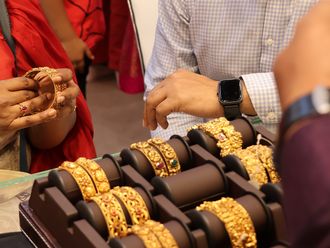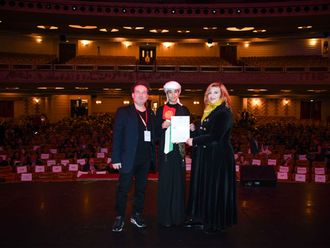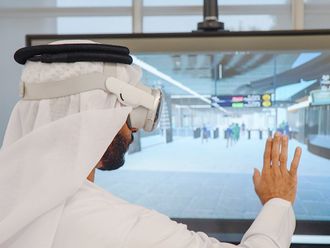The Philippines, once known as the 'islands' to travellers, is now reeling from the negative effects of recent political and peace and order problems in its travel industry.
According to the Department of Tourism, combined domestic and international passenger arrivals saw a 33 per cent drop for the first three quarters of the year, from 134,510 last year to 89,731 this year.
"It is obvious we are hurting," said Tourism Secretary, Richard Gordon. "Our hotel occupancy is down 30-50 per cent. We continue to receive cancellations. But these will only be temporary if we promote, promote and promote, and move on with our programmes."
Actual figures provided by a recently established international hotel at the heart of the financial district of Makati City even cited a 20 per cent drop in occupancy rate – the lowest ever for the country.
Recent travel advisories by both the United States and Japan – the country's biggest tourist markets – further dampened hopes of an immediate rebound in the number of tourists entering the country.
Apprehensive of abduction of its nationals by both southern Philippines-based extremist groups such as the Abu Sayyaf, the U.S. and Japan governments have advised their citizens not to venture out in areas such as Sulu and Basilan which are notorious for abductions.
"From January to August this year, there were 255,942 Japanese tourists who came to the Philippines, or 5.53 per cent lower than the number of Japanese tourists who visited the country in the same period last year," a statement said.
Tourism chief hopes to prop up sagging travel industry
The Philippines, once known as the 'islands' to travellers, is now reeling from the negative effects of recent political and peace and order problems in its travel industry.












